Story by Angela Satterlee
Photography by Gale Clapper
When Bob Kerr, EAA Lifetime 320965, told me he’s a boat captain, he said it with a laugh and a shrug. “I feel famous, although I do feel guilty because I’m definitely not the only person that has done this,” he said. But after hearing what he went through to become one, it’s clear that the journey isn’t as easy as he thought it would be.
“Every year during the show, my family and I would always come out here [to the Seaplane Base] at least once or twice,” Bob said. “I call it the alter ego to the main show. It’s quiet, it’s calm, it’s peaceful.” Attending EAA AirVenture Oshkosh since the mid-1980s, he had always admired the tranquility of the EAA Seaplane Base compared to the hustle of the fly-in.
Two years ago, that admiration turned into action. Bob asked what it would take to camp at the Seaplane Base. The answer was simple: You either fly in a seaplane or you volunteer. Volunteering sounded like a perfect fit. “I enjoy interacting with people. … I wanted to do something where I could really be involved,” he said.
Bob approached Shane Albers, the Seaplane Base chairman, about helping out. “He goes, ‘Well, are you a captain?’ I’m like, well, airline captain, is that what you mean? And he said, ‘No, are you a boat captain?’” Though Bob had over 50 years of boating experience, he didn’t have the credentials. Still, when Shane asked if he’d want to get licensed, Bob said, “Yeah, okay. I think I could do that.” He admitted now, “I was semi-naive.”
Becoming a licensed boat captain under U.S. Coast Guard rules is no easy task. Bob had to document more than 360 days on the water, and 90 of those needed to be within the past three years. “I had to go back and review over the summers, how many days a month or whatever I had been on the water,” he recalled. Then came the rigorous requirements: a written exam, physical exam, drug test, background check, CPR and first aid certification, and obtaining a TWIC card (Transportation Worker Identification Credential) from Homeland Security.
All this was on top of his personal life. “During the year, we were trying to sell our house,” Bob said. He didn’t complete the course in the allotted year and had to renew it. In total, the process took him nearly two years to complete, finishing it up in February of this year.
So, what did all that effort earn him? A spot at the helm of a pontoon boat, slowly cruising the waters of the Seaplane Base. And to Bob, it was worth every step. He’s been volunteering during this year’s AirVenture, putting in daily six-hour shifts. “It’s been a lot of fun. I really enjoyed it,” he said. His son, Bobby Kerr, EAA Lifetime 1162111, joined him this year as a narrator, and next year, his wife may join, too. “She would love to do the narration part because she’s a social butterfly.”
Next year may also be Bob’s first time camping at AirVenture. “We decided if we were going to camp, [the Seaplane Base] is where we wanted to do it … it’s shady, it’s quiet. I say it’s almost meditative.”
For Bob, becoming a boat captain wasn’t just about a license — it was about carving out a peaceful, purposeful way to give back to a place he’s loved for decades.

